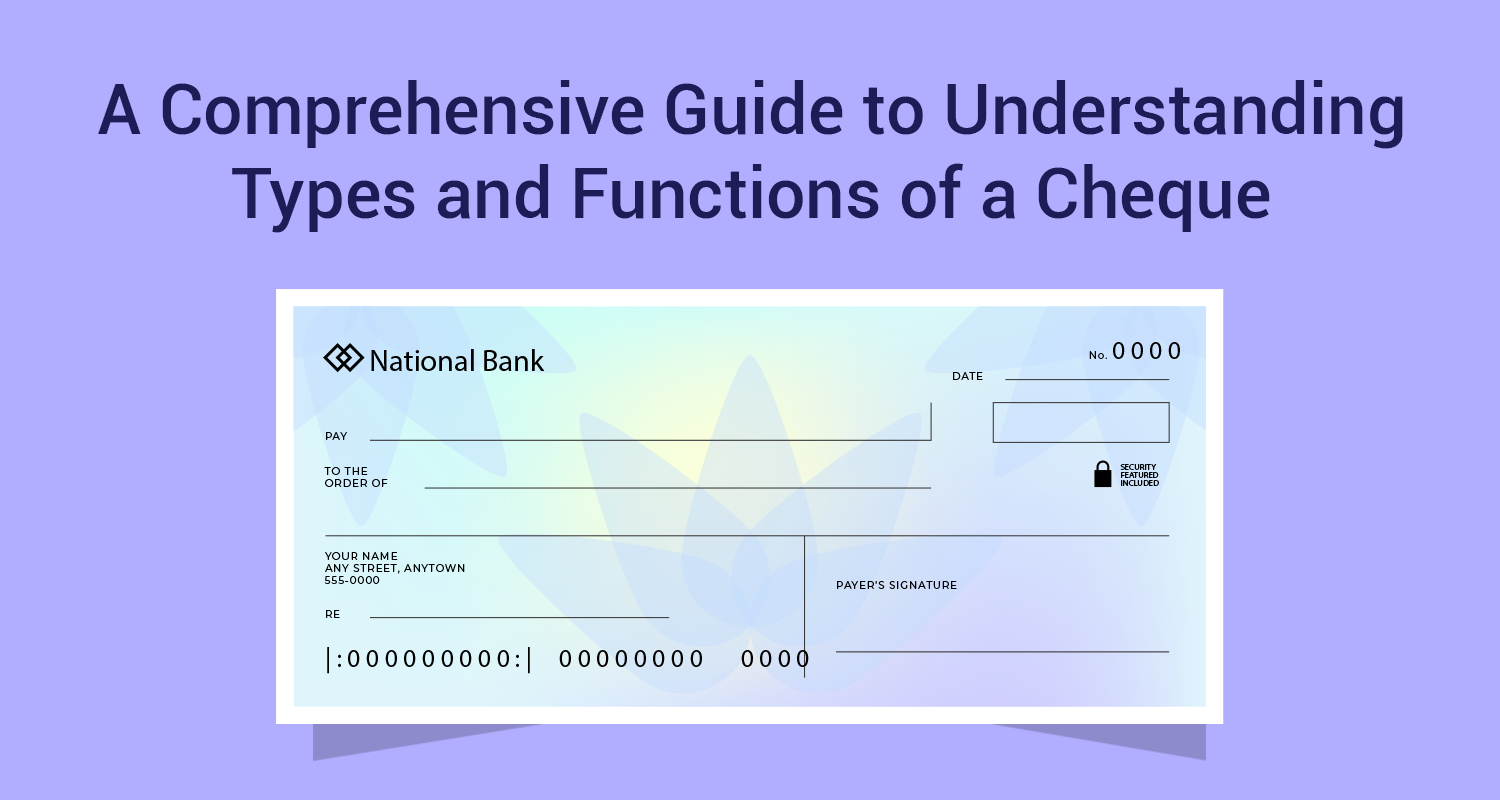Where And How Do You Invest Your Monthly Salary?
Table of Contents
One of the messages that most people really look forward is confirmation of salary credit on the last day of the month. But a salary credit is not only news of a cash inflow but it also puts a certain degree of responsibility on you. You need to make your money work hard so that you can gradually create wealth for your future. So, how do you go about investing your salary?
How Much Can You Invest; Start With A Budget
If you want to seriously invest part of your salary, then you need to start by preparing a budget. A budget is not just a record of your expenses but an attempt to manage your expenses within the framework of your income. The cardinal mistake that most people commit is to spend their salary and then look at saving money if there is anything left. More often than not, they are left with very little. The ideal approach is to start with a target saving. For example, if you are earning Rs50,000 per month, then create a budget assuming that you have to save 10% of your money compulsorily. Once you decide that Rs5,000 is what you will save per month then you can manage your expense budget accordingly.
Don't Just Save, But Invest The Money Productively
Actually, that is the real challenge! As a first step,p you have already set aside Rs5000 per month. That is a good start. But you need to really make the money work for you. Keeping it in a savings account is not a very good option because you will only earn 4% interest on that. That is an unproductive use of your funds. When you are young you have a higher risk appetite and that is the time you must take on greater risk. Equities are the asset class where you can actually create wealth in the long run. You must have heard of how Rs. 1 lakh invested in Havells in 1996 would be worth more than Rs.30 crore today. That is the kind of wealth that equities can create for you. Of course, if you find that equities are confusing and hard to monitor, you can start off by purchasing equity mutual funds. Apart from capital growth, equity funds also give you the benefit of diversification.
Adopt A Systematic Approach To Investing In Equity Funds
What do we understand by adopting a systematic approach? You have decided that you can set aside Rs.5000 each month. Open a Systematic Investment Plan (SIP) account with a mutual fund and sign for automatically investing Rs.5000 each month into the fund. Each month the amount will be used in buying units of the equity fund. A lot of investors wonder as to what can Rs.5000 per month in the form of equity wealth. You will be surprised to know that the SIP helps you to create a huge corpus of wealth over a long period of time. The only thing you need to ensure is that you invest the funds in high yielding equity funds and you invest regularly with discipline. Check the table below:
Particulars
Bank SB
Bank FD
Debt Funds
Balanced Funds
Equity Funds
Monthly SIP
Rs.5000
Rs.5000
Rs.5000
Rs.5000
Rs.5000
Tenure
25 years
25 years
25 years
25 years
25 years
Annual Returns in CAGR (%)
4.00%
6.75%
8.75%
12.25%
14.50%
Total Outlay in 25 years
Rs.15,00,000
Rs.15,00,000
Rs.15,00,000
Rs.15,00,000
Rs.15,00,000
Actual Wealth Created
Rs.25.79 lakh
Rs.39.16 lakh
Rs.54.17 lakh
Rs.99.21 lakh
Rs.150 lakh
Wealth Ratio
1.72 times
2.61 times
3.61 times
6.61 times
10 times
One thing is clear that the wealth creation ability of equity is substantially more than other asset classes in the long run. The biggest risk for you is not taking any risk. But what is more important is that a small contribution of Rs.5,000 per month in an equity fund SIP can grow to Rs.1.50 crore at the end of 5 years without too much effort from your side. Of course, you can keep increasing this amount as your income increases.
Create An Emergency Fund
This may really be an investment but this emergency fund will increase your risk appetite. Out of your salary, you need to start setting aside a small part to take care of your expenses in an emergency. Ideall,y you should gradually set aside 3-4 months of salary for emergencies and keep them in liquid form.
The time to start investing out of your salary is now. Time matters and the earlier you start investing, the better it is!
Disclaimer : The information in this blog is for general purposes only and may change without notice. It does not constitute legal, tax, or financial advice. Readers should seek professional guidance and make decisions at their own discretion. IIFL Finance is not liable for any reliance on this content. Read more




